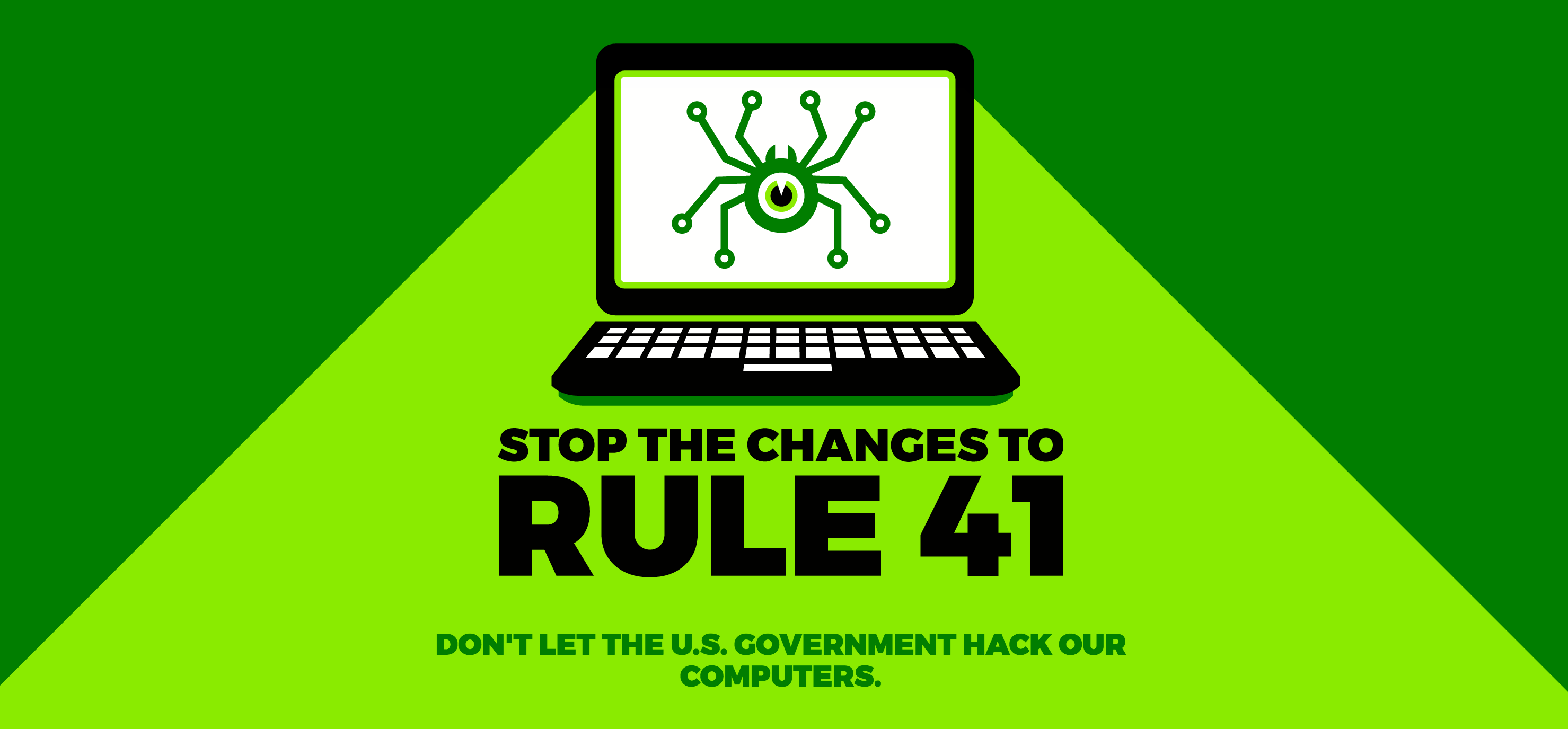
Yet another mainstream tech reporter has decided to draft up an alarmist piece about the hacking of the US election based on a flawed understanding of both how our elections are conducted and the reporting of other related news. CNet’s Edward Moyer threw out this misleading story over the weekend:
“Don’t blame me, I voted for the other candidate (but hackers stole my ballot).”
You might chuckle, but apparently that’s a bumper sticker we could soon encounter for real — if election officials aren’t careful.
The US Department of Homeland Security issued a statement Saturday saying hackers have been casing state voting systems, and it offered its cybersecurity assistance to any states that request it. (emphasis mine)
That link in the last line is the critical piece. It leads to a DHS bulletin in reference to the agency’s offer of help to states looking to secure systems in it, they note:
In a few cases, we have determined that malicious actors gained access to state voting-related systems. However, we are not aware at this time of any manipulation of data. (emphasis mine)
You will notice the difference between the two passages in bold above. It may seem overly pedantic or a minor semantic distinction, but it really isn’t. A “voting system” would refer to the system by which America votes. A “voting-related system” would be a supplementary system that aids in that process, but is not actually part of the voting system. In other words, as I have commented previously, the actual conduct of elections and the storage of voter information are not one and the same. Your voter registration is not tied to the machine on which you vote. The city/county/state registration databases exist separate and apart from the machines you will use to actually cast your ballot.
This is critically important for reporters covering the concern over election manipulation to get right, and yet they rarely do. Instead, like Moyer, they write these sensationalist pieces that mislead the public into conflating the illegal access of voter data with the manipulation of their sacred vote. It’s unfortunate that writers like Moyer don’t bother to actually talk to people who have spent a lifetime in elections to get the story right.





No Comments